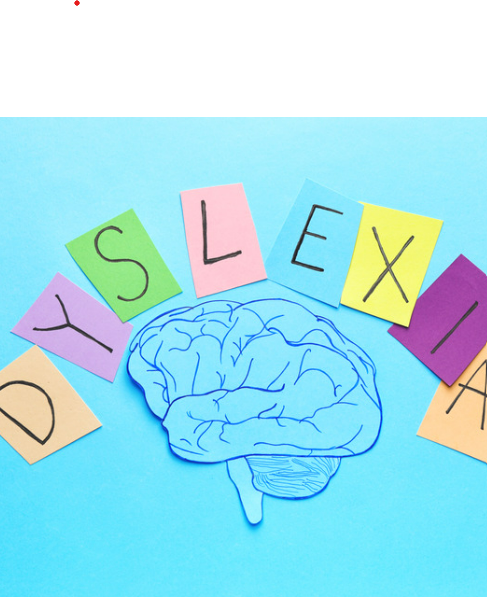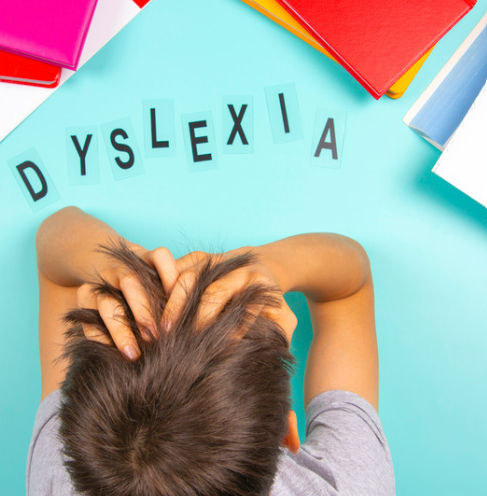Being a teenager is hard. There’s plenty to contend with – living at home, studying for exams, working part-time and managing relationships can place high demands on the average teenager. As such, it’s quite normal for teens to feel tired, but it’s important to keep an eye out for signs of burnout, which goes far beyond just being sleepy in the evenings.
A sense of exhaustion and feeling emotionally drained are just some of the symptoms of burnout, as well as fatigue and a lack of motivation. In normal circumstances, with the right care and attention, teens can recover from stress – but what happens when it’s a result of a long-term condition, like dyslexia?
Dyslexia affects around 10% of the Irish population. It makes it difficult for those with the condition to read and spell, and it’s not related to intelligence – sufferers are born with it. Whilst this might sound scary, it’s important to be alert for signs of dyslexia as a parent, so that you can best support your teen and get them the help they need. Here, we take a look at three things you should be looking out for.
They find it difficult to read aloud
When we read aloud, we break the words down into their individual parts, or component sounds. However, people with dyslexia can often find this difficult, and rely on recognising whole words. This means when they’re faced with a new word, it can be challenging for them to work out what it sounds like aloud.
As a parent, forcing your teen to read out loud isn’t helpful, as it will just cause them further stress and anxiety. However, if they show a desire to read something out, then listen patiently and don’t try and finish the words for them.
They struggle to concentrate
Traditionally, school education relies on children all following the same pattern of thinking to do well. Unfortunately, this doesn’t help teens who are dyslexic, since they have a tendency to think in a non-linear way that doesn’t fit with traditional exam or homework requirements. This means that they have to put in extra effort simply to concentrate and understand the task in front of them, which can be very tiring. As a result, they may flit between tasks, or get easily distracted.
Support your teen by helping them create a study plan that works for them. This is unlikely to be hours of work at a time – short blasts can often be more effective.
They have a negative relationship with schoolwork
Almost all schools require teens to take some sort of English class, and plenty of other subjects also require a strong grasp of spelling in order to get good grades. However, dyslexia means that teens will likely struggle with keeping their spelling consistent, especially when writing by hand. This can lead to frustration and a fear of failure that can result in poor attention and behaviour.
Fortunately, spell check technology and computers can help your teen feel more confident about their spelling when it comes to regular homework. Whilst it might be tricky to do before you have an official diagnosis, work with the school to try and allow your teen to use technology where they can.
Supporting your teen
It can be a hard thing to realise that your teen has dyslexia, especially if they’re coming towards their exam years. But showing them that you support them, and sharing inspirational role models can make a big difference. If you suspect that your teen has dyslexia, the first step is to talk to them, and discuss going to speak to an expert. An official diagnosis can be essential to getting them the support and accommodations they need in school.

